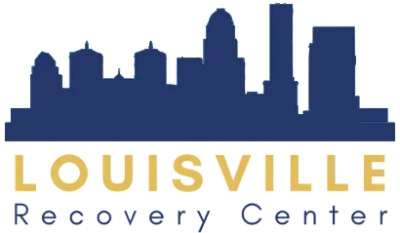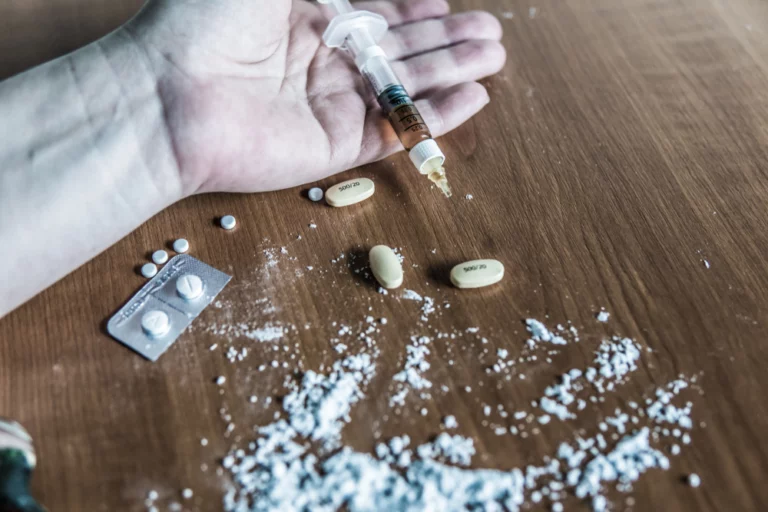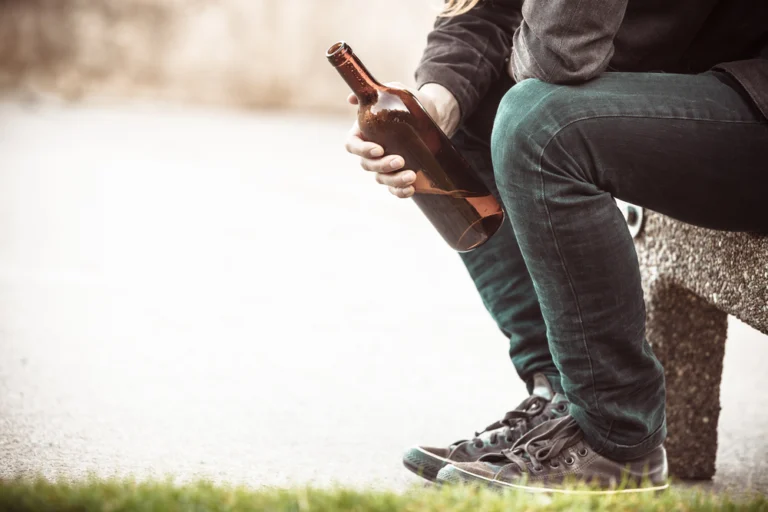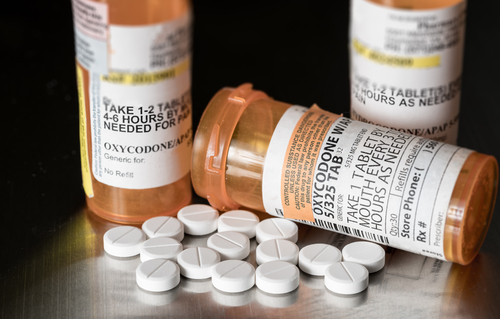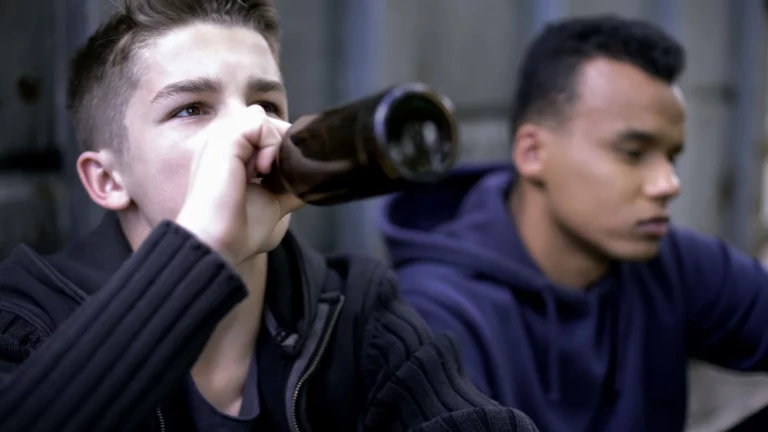What to Do if Your Child is Addicted to Cocaine
What to do if your child is addicted to cocaine? Witnessing your child fall victim to addiction is one of the most agonizing things that can occur. Your son or daughter may become so consumed with their next fix of cocaine that they no longer resemble the person you once knew. They may lie to your face or experience extreme mood shifts. Your son or daughter may even attempt to quit cocaine, but they will return to the drug when withdrawal symptoms become unbearable.
Addiction to cocaine doesn’t have to be the end of your child’s life. You may be frightened and confused, but your child can be helped by addiction treatment that is efficient and supportive. Continue reading to learn more about cocaine addiction and how to get help.
What is Cocaine Addiction?
An addiction to cocaine can be hard to recognize; however, craving for it and ignoring the dangers are indications. The most difficult aspect of overcoming an addiction is psychological, although there are unmistakable physical signs of addiction. When someone takes cocaine frequently, they will develop an addiction to it, necessitating it in order to feel normal.
Withdrawal symptoms will result if someone stops taking cocaine once they have developed a dependence. When an addiction has developed, a tolerance will develop and stopping use will result in withdrawal symptoms. It can be very difficult to stop using cocaine if you become addicted to it. Because cocaine excessively increases dopamine levels in the brain, the brain reward system will be reprogrammed as a result.
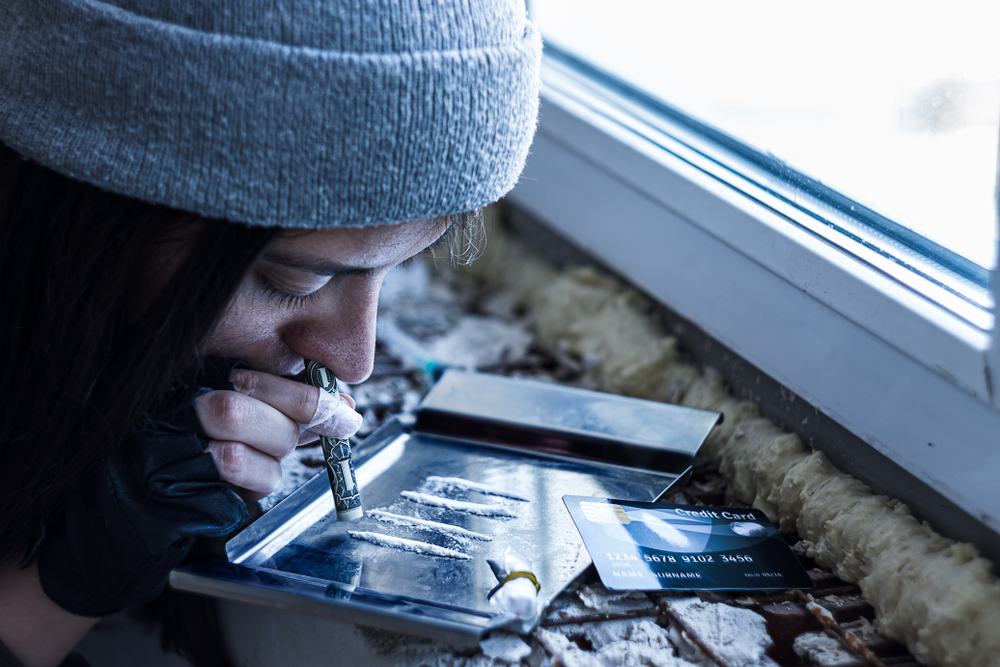
Signs Your Child Has a Cocaine Addiction
If you are worried that your child is addicted to cocaine, you should learn as much as you can about the signs and symptoms. It is simple to identify drug abuse symptoms if you are diligent. Be alert to your child’s behavior. The longer addiction to cocaine is present, the more obvious its behavioral changes will be.
Drug addiction may be detected by noticing small changes such as academic failure or a poor work ethic. Although you may never witness your child snorting cocaine or getting high, you may observe bits and pieces of the addiction, such as behavioral changes, withdrawal symptoms, or other suspicious activities. Withdrawal periods from drugs can make people moody, resulting in nausea, headaches, and paranoia, in addition to other symptoms:
- Paranoia
- Frequent nose bleeds
- Runny nose
- White powder residue around mouth or nose
- Changes in eating and sleeping habits
- Isolation
- Mood swings
An itchy nose and frequent sniffling may signal that your child has been snorting the drug. The drug typically irritates the nasal lining, resulting in these symptoms. Because of the drug’s high concentration, your teenager may have mood swings or sleep habits. Someone on cocaine may be wide awake for hours or suddenly fall asleep for hours. If your child needs more money or steals items or steals money from you, you should look into the situation more closely. Because cocaine is expensive, the more addicted the individual is, the more money he or she will spend on it.
Dangers of an Untreated Cocaine Addiction
It is crucial to get cocaine addiction treatment as soon as possible – not just because of the psychological, social, and financial issues related to substance abuse, but also because of the long-term physical harm caused by the drug.
Heart Issues
A person using cocaine or crack cocaine for the first time may immediately experience an elevated heart rate, increased blood pressure, and vasoconstriction in the brain and throughout the body. The person may experience elevated energy, anxiety, stress, and paranoia as a result of this. In addition to the immediate effects of cocaine and crack cocaine, long-term abuse can damage the cardiovascular system in a number of ways, including blood clots that can cause heart attack, pulmonary embolism, stroke, and deep vein thrombosis, chest pain, permanently elevated blood pressure, and tachycardia.
Sinus Issues
Using cocaine can result in direct damage to the delicate mucous membranes in the nose, resulting in dryness, reduced blood flow, and eventual necrosis of soft tissue. When the cartilage that separates the nasal cavities, the septum, becomes necrotic, it will also die, leaving a hole. Because of septal perforations, which can lead to nasal collapse and, eventually, respiratory problems.
Respiratory Issues
When snorted, cocaine causes damage to the sinus cavity, resulting in damage to the throat and upper respiratory system, but smoking crack cocaine is more likely to result in severe respiratory problems. Blood vessels in the lungs constrict, walls are ruined so oxygen cannot enter the bloodstream, and capillaries that convey oxygen to the rest of the body are destroyed. Coughing, increased risk of infections such as pneumonia and tuberculosis, acute respiratory distress, asthma, and pulmonary edema are all associated with freebasing cocaine.
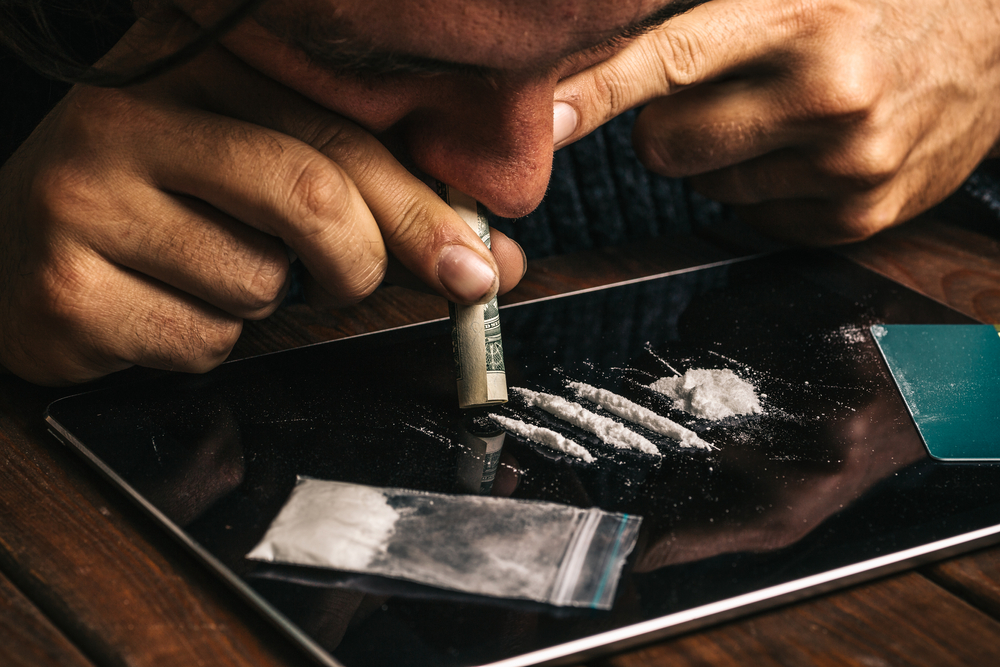
Brain Issues
Reduced oxygen delivery to the brain may cause neurological damage if constricted blood vessels persistently restrict the blood flow. Aneurysms, which are typically caused by vascular wall damage, may also occur as a result of cocaine or crack cocaine use. Brain damage may also result in mini-strokes, seizure activity, cerebral atrophy, or brain shrinkage.
Dementia risk increases due to brain aging caused by cocaine use. Long-term memory issues may develop into conditions similar to Alzheimer’s disease. Those with a higher risk of developing dementia are more likely to trigger the condition earlier in life if they abuse cocaine for a long period of time.
How to Help Your Addicted Child
Even though you may be desperate to assist your child overcome addiction, you cannot force them to seek the assistance they require. Your support and encouragement, however, can be a powerful force for change in their life. Here are some things you can do if your child is addicted to cocaine.
Communicate
Your child probably doesn’t want to upset you, so they’re likely covering up the severity of their cocaine habit by lying. This kind of betrayal may significantly damage your bond with your child. Instead of letting those feelings overwhelm you, work to restore and enhance your relationship.
Enforce Boundaries
It is important to establish clear, consistent guidelines for acceptable and unacceptable behavior rather than ignoring the issue and hoping it will go away. By establishing these rules, you will be able to determine how to handle issues as they arise. Your child will know where you stand if you express your guidelines in cause-and-effect statements. You must be consistent if you want your rules to be effective.
Encourage Them to Seek Treatment
Many people consider rehabilitation or substance use disorder treatment as a sign of failure. On the contrary, getting professional help will allow your child to get the care they need so that they may continue to flourish. Many people view rehabilitation as a crucial step in overcoming substance dependence. You can continue to offer your support and encouragement as your child recovers from cocaine addiction, in addition to researching appropriate treatment programs. To show your child that you want to participate in their development and change, you may attend family therapy sessions and join a support group for addicts’ family members.

Benefits of Cocaine Rehab in Louisville, KY
There are several ways to combat cocaine dependence in your child, but whichever route you choose, there are certain advantages to undergoing treatment. Here are five advantages of cocaine abuse rehab:
Cognitive-Behavioral Therapy
Substance abuse disorders can be defeated with cognitive-behavioral therapy (CBT). CBT is an approach that provides therapy for substance abuse problems. CBT focuses on the achievement of goals, emotions, and actions. By altering their mindset, substance abusers can behave more positively. CBT is used to help teens develop life skills and coping strategies.
No Distractions
Teens enrolled in a cocaine rehab program can focus their time and energy on learning the tools necessary to become substance-free since there are limited distractions.
Effective Therapies
There are a variety of creative therapy options that help teens express themselves and learn new ways to deal with their emotions. Using sports, yoga, dance, photography, and music, for example, helps them process their feelings.
Peer Support
Teens will benefit from peer support as well as professional care, since they will participate in CBT group therapy sessions and creative therapy activities. By learning from others and establishing a network of supportive mates, teens will benefit from peer support.
Cocaine Addiction Rehab in Louisville, KY
Your teen and your family will benefit from cocaine addiction treatment. Addiction not only impacts the person directly, but also the community around them. Family members must participate in therapy and other activities with their addicted children to learn how to best support them. It is also critical to help families restore their trust in one another in order to strengthen their relationships.
The most important thing you can do for your addicted teen is to express compassion and help him or her realize that seeking support is not a bad thing. There is no doubt that teen cocaine dependency treatment provides significant benefits. Teens will discover how to recognize their mental triggers and understand how to keep themselves motivated.

Those struggling with addiction may receive care, support, and comprehensive treatment at Louisville Recovery. Treatment is important for a variety of reasons, including providing information about substance dependence, assisting people to withdraw safely, addressing the core cause of addiction, and helping people build healthier coping, stress management, and relapse prevention skills so that they can remain abstinent.
Depending on your child’s specific recovery needs and concerns, treatment may be provided through a variety of settings and levels of care. If you or a loved one requires drug addiction treatment in Louisville or the surrounding areas, contact Louisville Recovery Center today. We’re ready to assist you, and we can do so immediately.
